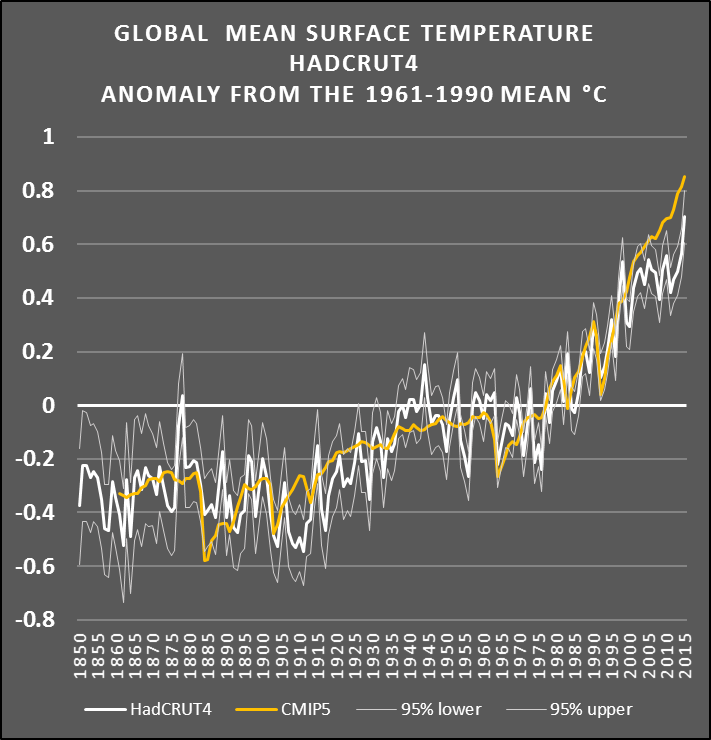Originally posted by ASB
View Post
Once again, the technology is there, but it is not adopted due to lack of political (read: popular) will.










Comment